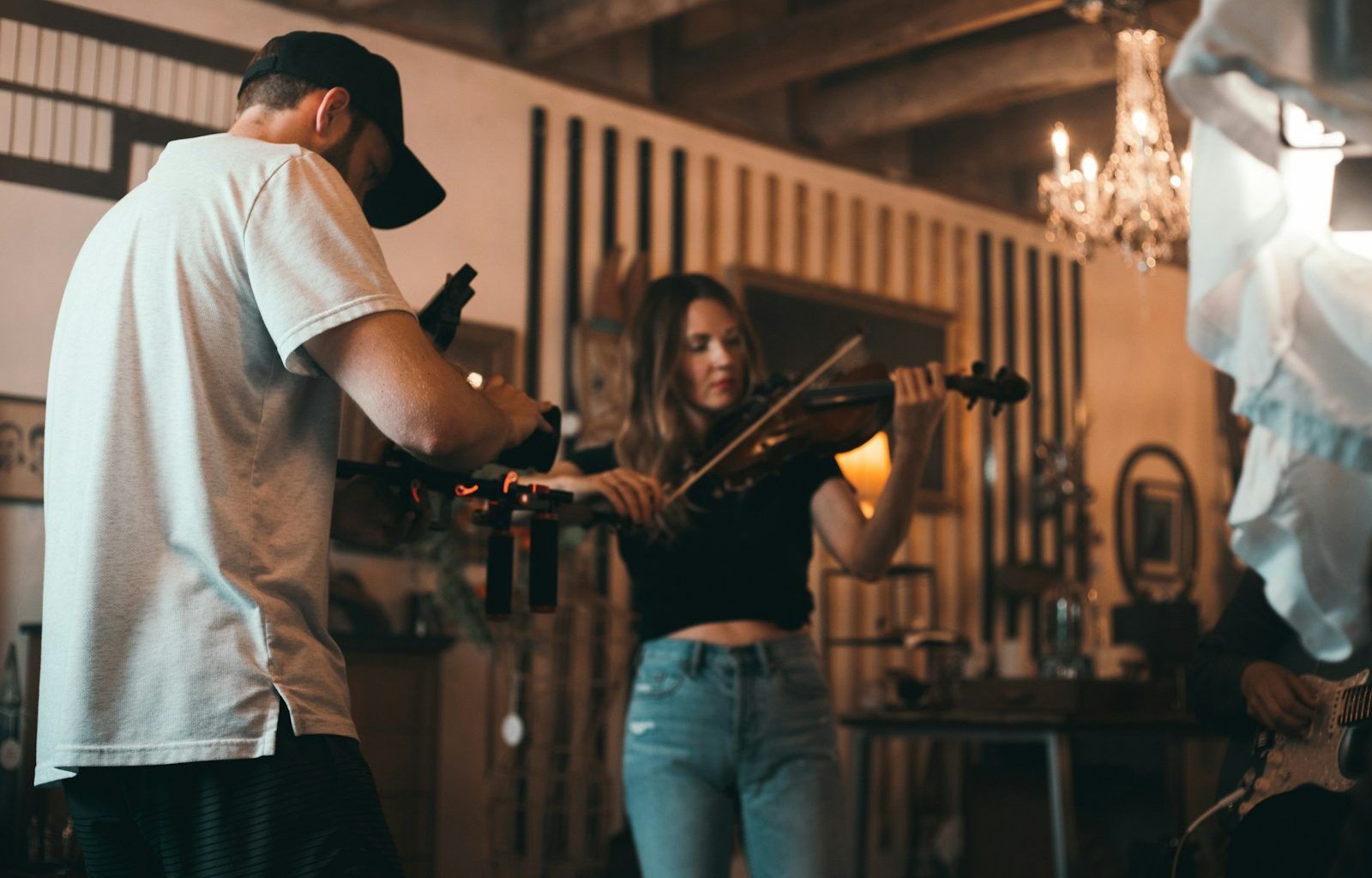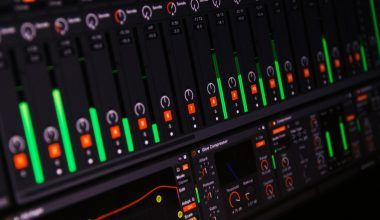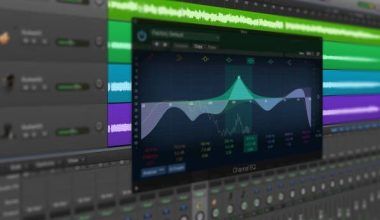Have you ever watched a music video and felt captivated by the visuals? The way the scenes flow seamlessly with the rhythm, how every frame tells a story—it’s magical. Behind that magic is the work of a talented music videographer. If you’ve ever thought about becoming one or simply want to understand what goes into it, you’re in the right place.
Let’s dive deep into the world of music videography. We’ll explore the skills you need, how to get started, and what makes this career so rewarding. Whether you’re an aspiring filmmaker or a curious fan, this guide will give you all the insights you need.
What Does a Music Videographer Do?
A music videographer is responsible for creating visually stunning videos that complement a song. It’s not just about pointing a camera and hitting record. It’s about understanding the mood of the music, the artist’s vision, and the audience’s expectations. Every music video you see is a blend of creativity, technical skill, and collaboration.
For example, a music videographer might start by brainstorming with the artist to develop a concept. Then comes planning the shots, scouting locations, filming, and editing. Each step requires attention to detail and a passion for storytelling.
How to Get Started as a Music Videographer
If you’re new to this field, the idea of breaking into music videography might seem overwhelming. Don’t worry—it’s a journey, and every expert once started as a beginner. Here are some simple steps to help you get started:
- Learn the Basics: Begin by understanding the basics of videography. Learn how to handle a camera, frame shots, and work with lighting.
- Invest in Gear: While you don’t need the most expensive equipment, a good camera and editing software can make a big difference.
- Practice with Friends: Team up with local musicians or bands who want to create videos. It’s a great way to build your portfolio while learning.
- Watch and Learn: Analyze music videos. Pay attention to camera angles, transitions, and storytelling techniques. The more you watch, the more you’ll understand what works.
The Skills Every Music Videographer Needs
To excel as a music videographer, you need more than just technical skills. Here are some key qualities and abilities you should develop:
- Creativity: Music videos are an art form. Creativity will help you come up with unique concepts that stand out.
- Communication: You’ll need to communicate effectively with artists, producers, and your crew. Good communication ensures everyone is on the same page.
- Technical Knowledge: Understanding cameras, lenses, lighting, and editing software is essential.
- Adaptability: Every shoot is different. Being flexible and ready to solve unexpected problems will set you apart.
- Passion for Music: Your love for music will drive your storytelling and inspire your work.
The Power of Networking in Music Videography
Networking is a huge part of becoming a successful music videographer. The more people you know in the music industry, the more opportunities you’ll find. Start by attending local gigs, joining film and music groups, and connecting with musicians on social media.
Don’t be afraid to reach out to artists whose work you admire. Many musicians are looking for someone to collaborate with, and your enthusiasm could be what they’re looking for.
Tips for Filming a Music Video
Filming a music video requires a mix of preparation and spontaneity. Here are some tips to make your shoots successful:
- Plan Ahead: Storyboards, shot lists, and a clear schedule will help you stay organized.
- Focus on Lighting: Good lighting can elevate your video, so don’t skimp on it.
- Use Movement: Experiment with camera movements like pans, tilts, and tracking shots to add energy to your scenes.
- Capture Multiple Angles: Filming the same scene from different perspectives gives you more options during editing.
- Keep the Artist Comfortable: A relaxed artist will give their best performance, so create a positive and supportive environment.
Editing: The Final Step in Music Videography
Editing is where your video truly comes to life. It’s the stage where you align visuals with music, add effects, and polish the final product. A good editor understands pacing and knows how to use cuts, transitions, and color grading to enhance the video’s mood.
Use software like Adobe Premiere Pro or Final Cut Pro to edit your videos. If you’re just starting out, there are free options like DaVinci Resolve or HitFilm Express that offer professional features.
Challenges You Might Face as a Music Videographer
Like any creative career, music videography comes with its challenges. You might deal with tight budgets, last-minute changes, or difficult weather conditions during shoots. But these challenges often lead to creative solutions, making your work even more rewarding.
It’s also a competitive field, so persistence is key. Keep honing your skills, building your portfolio, and putting yourself out there.
The Rewards of Being a Music Videographer
The joy of seeing your work resonate with audiences is indescribable. You’ll get to collaborate with talented artists, travel to unique locations, and constantly challenge yourself creatively. Plus, music videography can lead to other exciting opportunities in filmmaking.
Ready to Start Your Journey?
Becoming a music videographer takes time, practice, and passion, but the journey is worth it. Start small, stay curious, and never stop learning. Whether you’re working on a low-budget project or collaborating with a famous artist, remember that every experience adds to your growth.
If music moves you and storytelling excites you, this might just be the perfect career path. So grab your camera, find some music that inspires you, and start creating! The world is waiting to see your vision.
For further reading, explore these related articles:
- How Do You Obtain a Copyright: A Simple Guide for Creators
- How Spotify Works: Your Easy Guide to Understanding Music Streaming
For additional resources on music marketing and distribution, visit DMT Records Pvt. Ltd..






